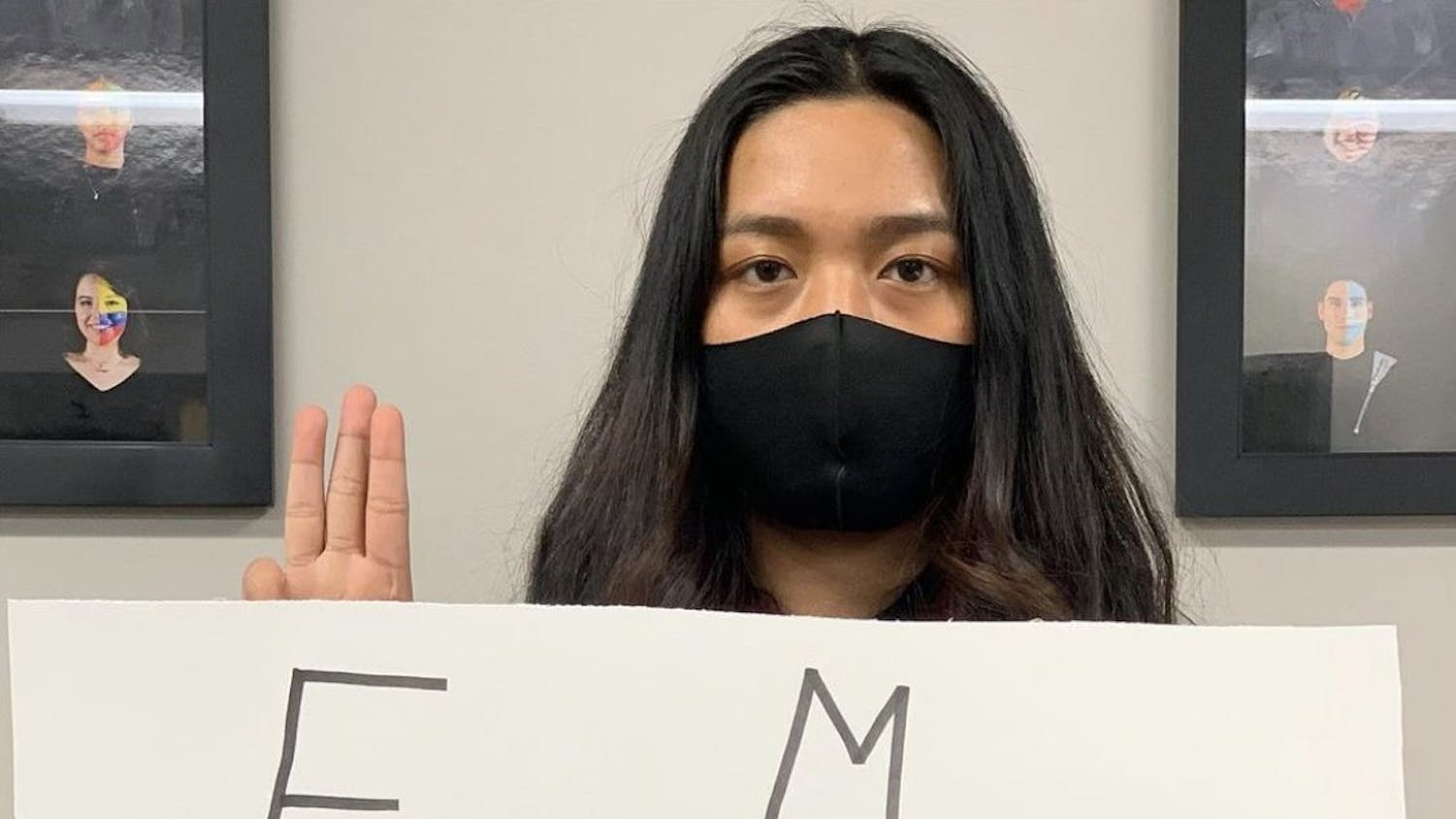By Tom Gbean | Echo
Obama's controversial decision to reform the U.S. immigration policy caused an uproar on Capitol Hill. The executive order led to questions about whether the president acted lawfully and what challenges may lie ahead for the new immigration laws.
The first section of the order aims to crack down on illegal immigration at the border. Obama hopes to accomplish this goal by directing more border patrol agents along the Mexican border, according to Whitehouse.gov.
In other words, more border patrol personnel will be allocated to southern states bordering Mexico. The only collaborative effort stemming from the order is between the Department of Justice (DOJ) and courts designed to deal with the immigration process. Together, they will work to remove recent illegal immigrants.
Instead of focusing on deporting illegal immigrants already living in the U.S., the Department of Homeland Security (DHS) will concentrate its resources on national security threats, serious criminals and recent border-crossers. Actions taken by the DHS will increase the likelihood that people attempting to cross the border illegally will be apprehended and deported.
There are also philanthropic aspects to the executive order. New laws require the DOJ to take steps to protect, expand and strengthen options for victims of crime and trafficking that were brought here illegally. This will be done by making visas more accessible.
While the steps don't grant permanent residence to illegal immigrants or refugees taking asylum in the U.S., these steps still raise questions about those people renewing their visas indefinitely.
As a means of keeping illegal immigrants accountable, the DHS will expand on the existing Deferred Action for Childhood Arrivals (DACA) program. The program allows immigrants that arrived in the U.S. before their 16th birthday and before June 2007 to be eligible for a renewable work permit and exemption from deportation.
USA Today reported the biggest challenge government agencies face is coping with the paperwork caused by the influx of undocumented immigrants. Agencies worry because over 700,000 people applied for DACA when it began in 2012.
The Cato Institute estimated an additional 300,000 young immigrants could be eligible for DACA under the new order. But not all of those qualified will come forward because the legalization is temporary. Among other factors, many undocumented immigrants fear giving the federal government their identity information.
The immigration policy will also crack down on companies that hire undocumented workers. Businesses hiring undocumented immigrants undermine the wages of all workers, according to Whitehouse.gov. This new step ensures all individuals play by the rules to boost the economy.
Also included is a plan to expand immigration options for business owners and entrepreneurs based on income thresholds. Income thresholds are levels of income where a person begins paying income taxes. This prevents individuals from qualifying for public benefits, such as welfare or tax credits under the Affordable Care Act.
Advocates of the president's executive order believe the law is good and helpful policy. Stan Veuger, a research fellow at the American Enterprise Institute sees the policy as a measure that brings a sense of safety to many undocumented families who currently reside in the U.S. He also believes the law will allow immigrant families to participate in the economy.
In opposition to Obama, Texas and 17 other states filed a lawsuit against the president's executive order on Wednesday-arguing the action is illegal, according to the Wall Street Journal. The states involved are mainly Southern states with some Midwestern ones, including Indiana. Texas governor-elect Greg Abbott claims the president acted unconstitutionally in passing the executive order. He cited Article 1 Section 3 of the Constitution, which states the president "shall take care that the law be faithfully executed."
In response to the lawsuit, White House officials affirm the president's actions are within his legal authority. They are confident the Supreme Court set a precedent for presidents to take executive action on immigration.
In short, there are still many aspects of the immigration law that need to be worked out. But despite the difficulties, both Congress and the president will have to work together if the results are to be long-lasting.





